Preparing Soil For Bulbs And Fertilizing Bulbs
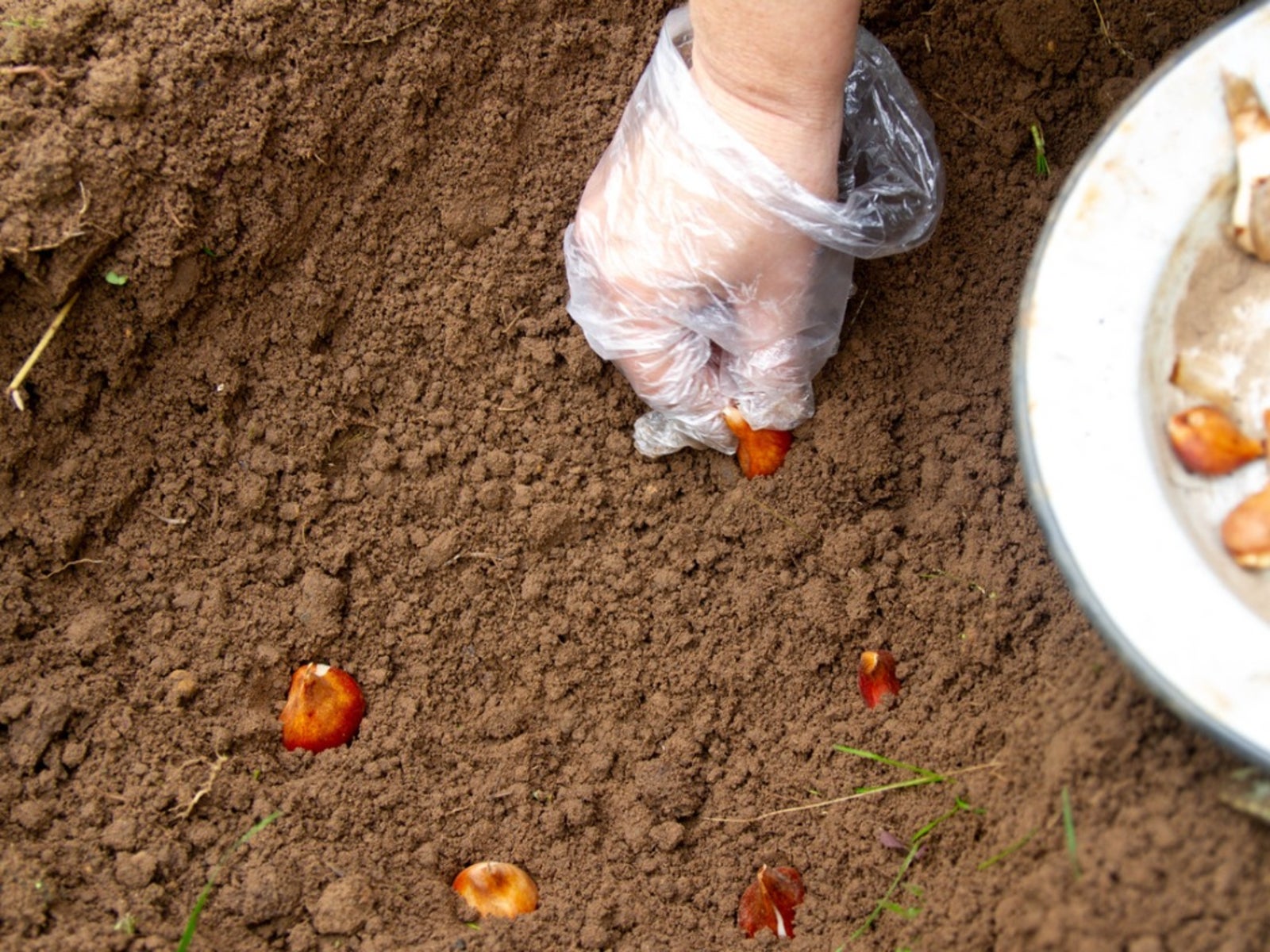

Even though bulbs store food for themselves, you need to help them out at planting time for best results by preparing the soil for bulbs. This is the only chance you get to put fertilizer below the bulb. In order for the bulbs you plant to make use of food available in the soil, you need to start with healthy soil. Then, you need to know when to fertilize bulbs after that.
Using Fertilizer for Preparing Soil for Bulbs
For fertilizing bulbs, fertilizers can be inorganic which means they are chemically treated or laboratory created. They can also be organic, which means they came from natural or once-living sources. Your plants won't care which one you use, but depending on your beliefs, you can choose the type that best fits in with your feelings on the issue. Inorganic fertilizers are more readily available, but be careful when using these, as fertilizing bulbs with inorganic fertilizer can burn roots, the basal plate, or even the leaves if the plant comes in direct contact with the fertilizer. Fertilizers come in granular or liquid form and are easy to apply at planting time. Granular fertilizers are better because they don't dissolve as quickly. They remain in the soil longer, and the longer the better. Nitrogen is important for preparing the soil for bulbs to be able to start their leaf growth. Phosphorus and potash are good for overall health, resisting disease, root growth, and flowering. You will find the proportions on the side of the fertilizer bag or bottle listed as N-P-K ratios. Remember when fertilizing bulbs not to over-fertilize and never increase an application above the directions on the container. This can damage or even kill the plants. In order to apply the fertilizer, mix the granular fertilizer with the soil at the bottom of the planting holes. If you're using inorganic fertilizer, add a layer of un-amended soil to the hole as well because you want the bulb to sit on fresh soil rather than come in contact with any of the fertilizer.
Adding Organic Matter for Preparing Soil for Bulbs
Organic matter is used when preparing the soil for bulbs to improve the soil by improving low fertility, poor water-holding sandy soils, and fertile but poorly-draining clay soils. When you add organic matter to your soil, remember it gets used or breaks down each year and has to be replenished annually. It's easier to amend the soil when you first dig up the garden before planting each year. This way you can layer on about 2 inches (5 cm.) of organic matter and work it in well with what soil you had. In future years, you can simply apply the organic matter as mulch and it will work into the soil below.
When to Fertilize Bulbs
In subsequent years, when flowering might be diminishing, you will need to be fertilizing bulbs in your garden. The best time when to fertilize bulbs is to wait until the bulb's leaves are well out of the ground and then fertilize at half strength. Then, once the bulbs have finished flowering, you can fertilize once more. A third feeding would be okay two weeks after the second feeding, again at half strength. Half strength is easy to figure out. You would just double the water or halve the fertilizer. If the label suggests 2 tablespoons (29.5 ml.) to a gallon (4 L.) of water, either add 1 tablespoon (15 ml.) to the gallon (4 L.) or 2 tablespoons (29.5 ml.) to 2 gallons (7.5 L.) of water. You can fertilize summer flowering bulbs the same way you would any other perennial in the summer garden. Remember that fertilizer is only available to the plant when there is water available to transport the nutrients up the roots from the soil. If there is no rain, be sure to water the bulbs as soon as they are planted and continuously through the growing season when it's not raining.
Gardening tips, videos, info and more delivered right to your inbox!
Sign up for the Gardening Know How newsletter today and receive a free copy of our e-book "How to Grow Delicious Tomatoes".

Heather Rhoades founded Gardening Know How in 2007. She holds degrees from Cleveland State University and Northern Kentucky University. She is an avid gardener with a passion for community, and is a recipient of the Master Gardeners of Ohio Lifetime Achievement Award.
-
 Looking For Plants To Give You The Soft And Fuzzies? Try These 5 Fuzzy Leaf Plant Options
Looking For Plants To Give You The Soft And Fuzzies? Try These 5 Fuzzy Leaf Plant OptionsLovers of texture, drama, silver foliage and tactile plants will adore these special sensory garden additions. These fuzzy leaf plant options will leave you all aglow
By Susan Albert
-
 Get Ready For A Summer Of Hummers! Grow These Full Sun Hummingbird Plants and Flowers
Get Ready For A Summer Of Hummers! Grow These Full Sun Hummingbird Plants and FlowersIf you’re lucky enough to enjoy a sunny backyard, make sure you are maxing out on your pollinator opportunities and grow these full sun hummingbird plants and flowers
By Tonya Barnett
-
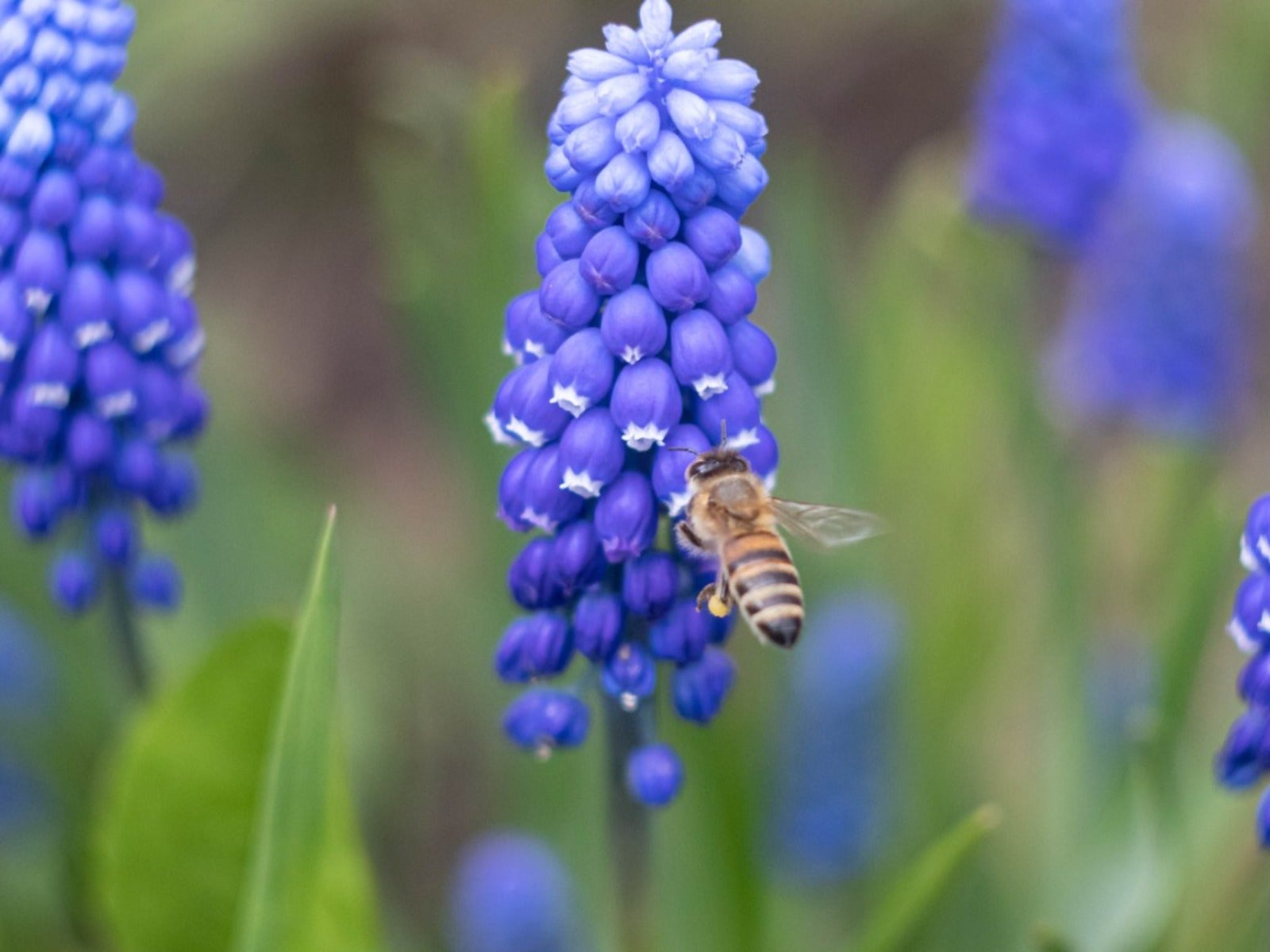 Pretty Spring Bulbs For Pollinators
Pretty Spring Bulbs For PollinatorsWhat are the best flowering bulbs for pollinators in spring? Click here to find out.
By Mary Ellen Ellis
-
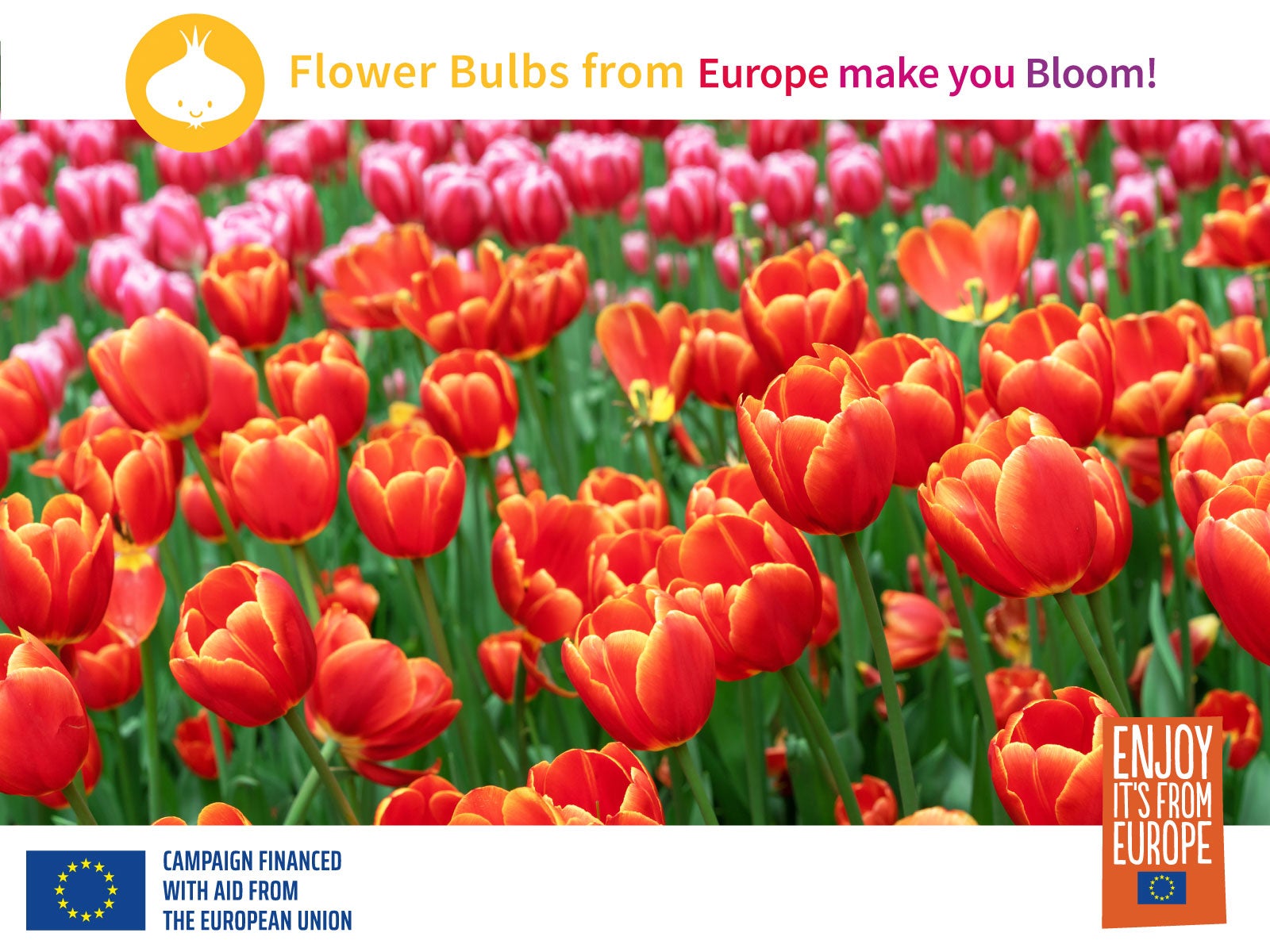 Grow An Early Spring Flowering Bulb Lawn
Grow An Early Spring Flowering Bulb LawnWant a lawn that nourishes pollinators, never needs weeding, and grows more beautiful every year? We have the lawn for you. Click for more.
By Caroline Bloomfield
-
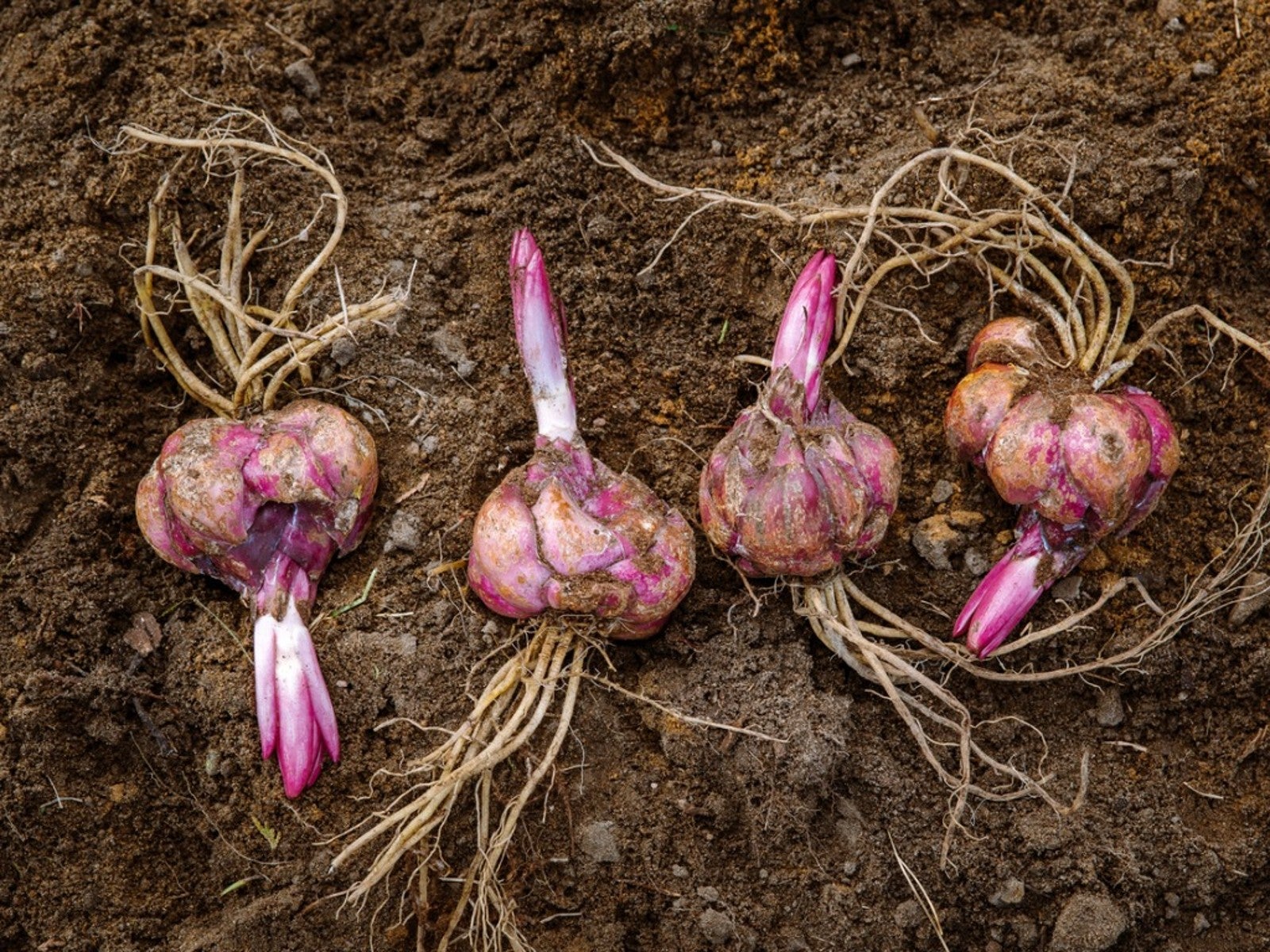 When To Dig Up Bulbs That Bloom In Summer
When To Dig Up Bulbs That Bloom In SummerClick here to learn when to dig up faded summer bulbs of some of the most common ornamentals grown.
By Tonya Barnett
-
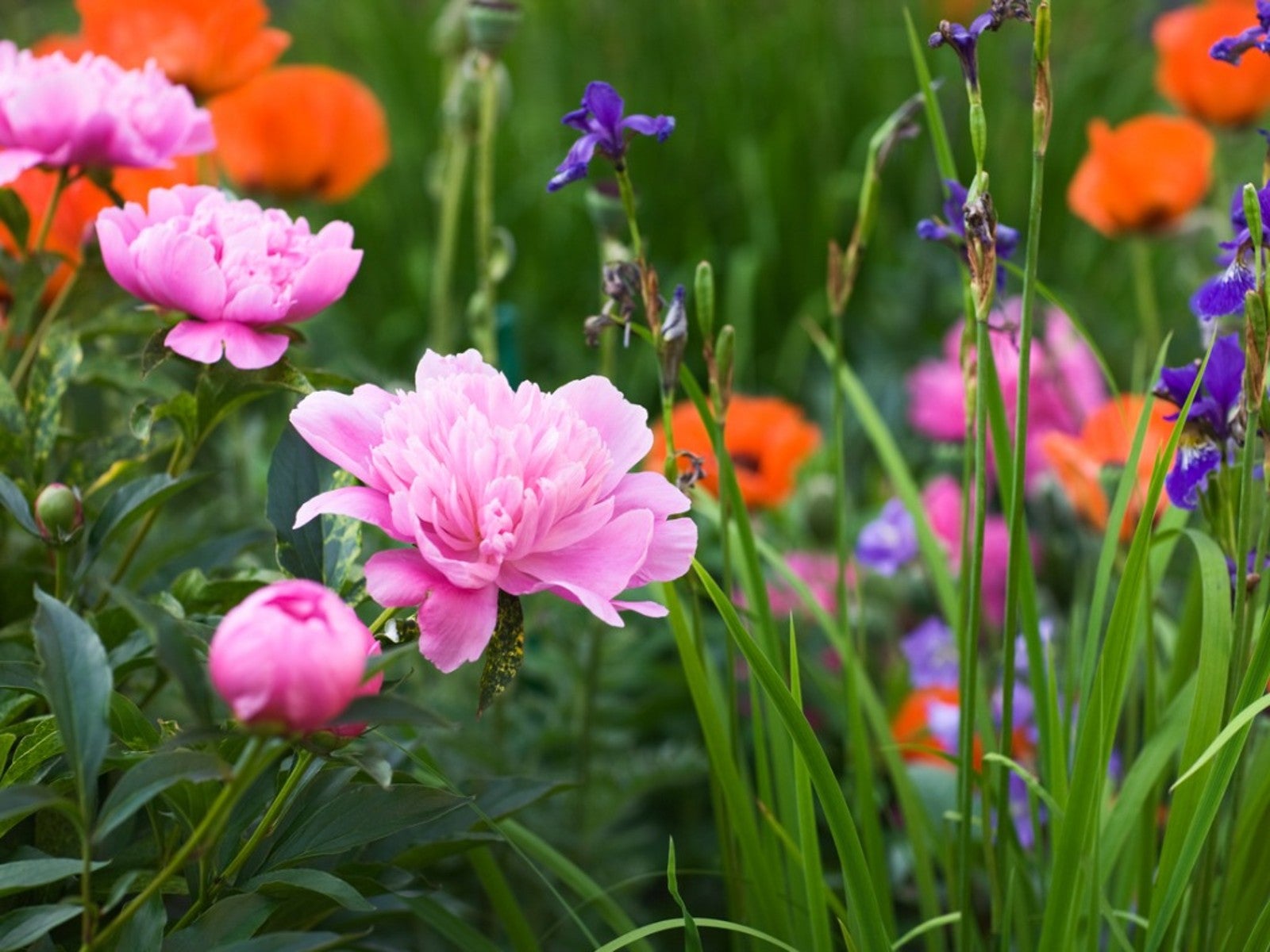 Corms, Tubers, And Bulbs That Are Deer Resistant
Corms, Tubers, And Bulbs That Are Deer ResistantWe love tulips, and so do deer! If you have hungry deer and you hunger for spring blooms, this article should help.
By Amy Grant
-
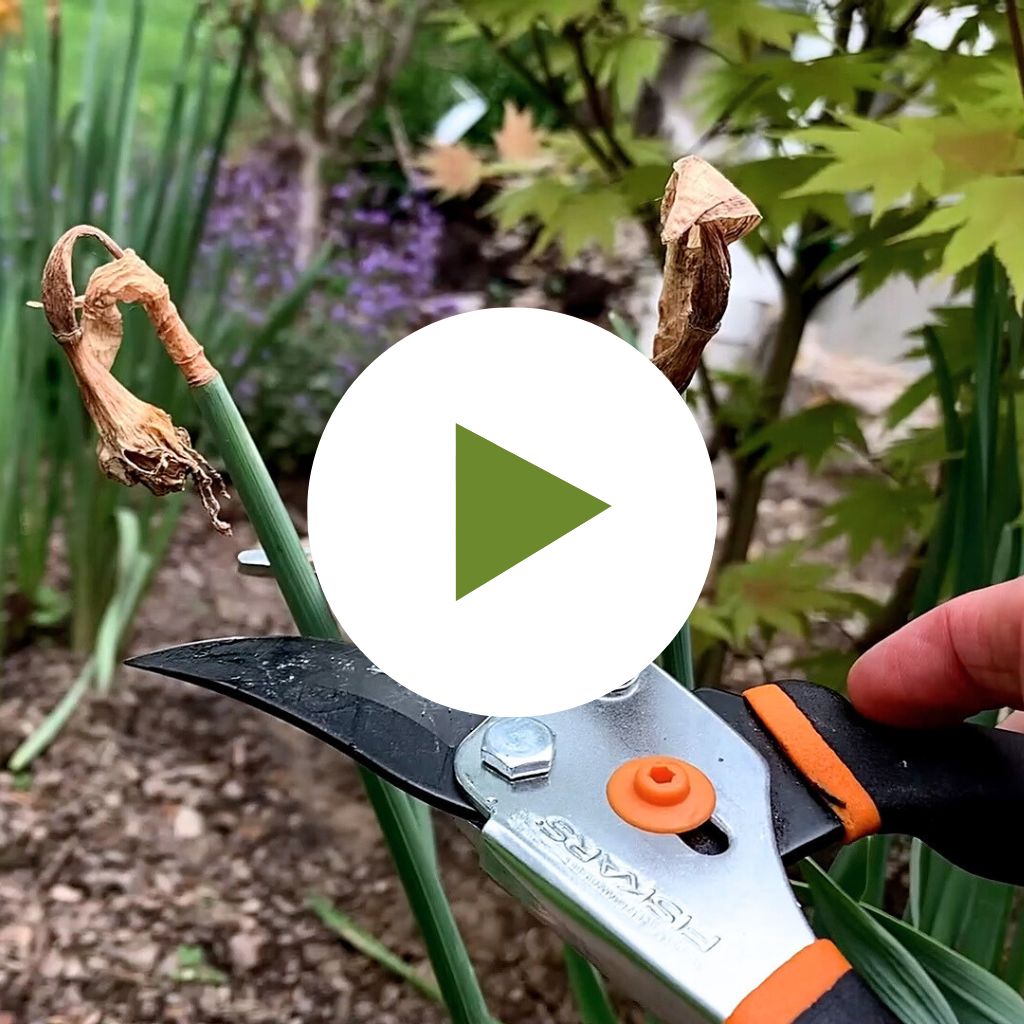 Care for Bulbs After Blooming
Care for Bulbs After BloomingIt's tempting to chop down the leaves after you bulbs have bloomed, but you have to resist this urge! Click to learn why.
By Amy Draiss
-
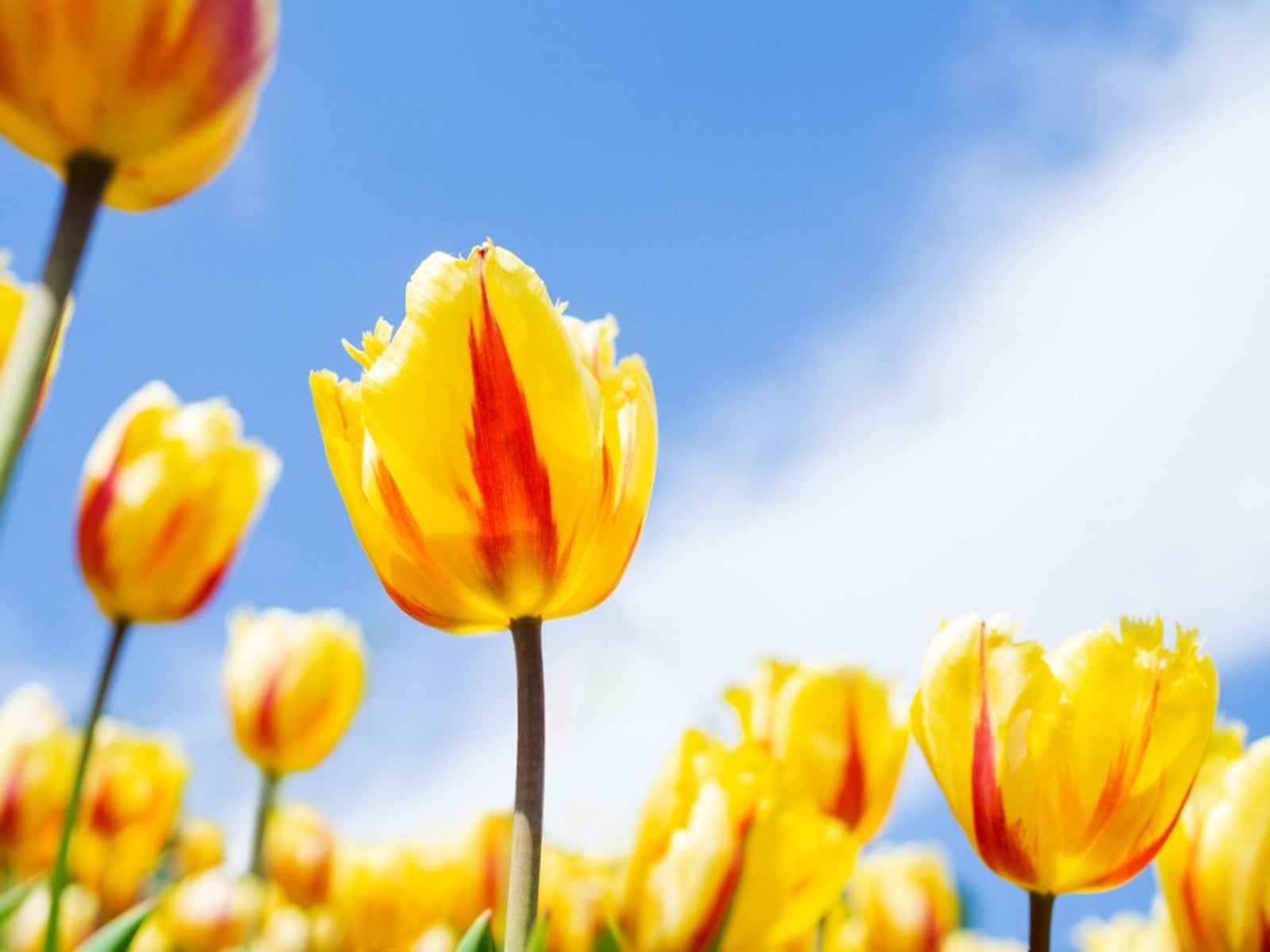 Best Spring Bulbs for Sun and Shade: Bulbs That Grow in Shade and Full Sun
Best Spring Bulbs for Sun and Shade: Bulbs That Grow in Shade and Full SunBulbs are beautiful harbingers of spring. Most flower bulbs thrive in full sun, but what if you have a shaded landscape? Read on for more.
By Amy Grant
-
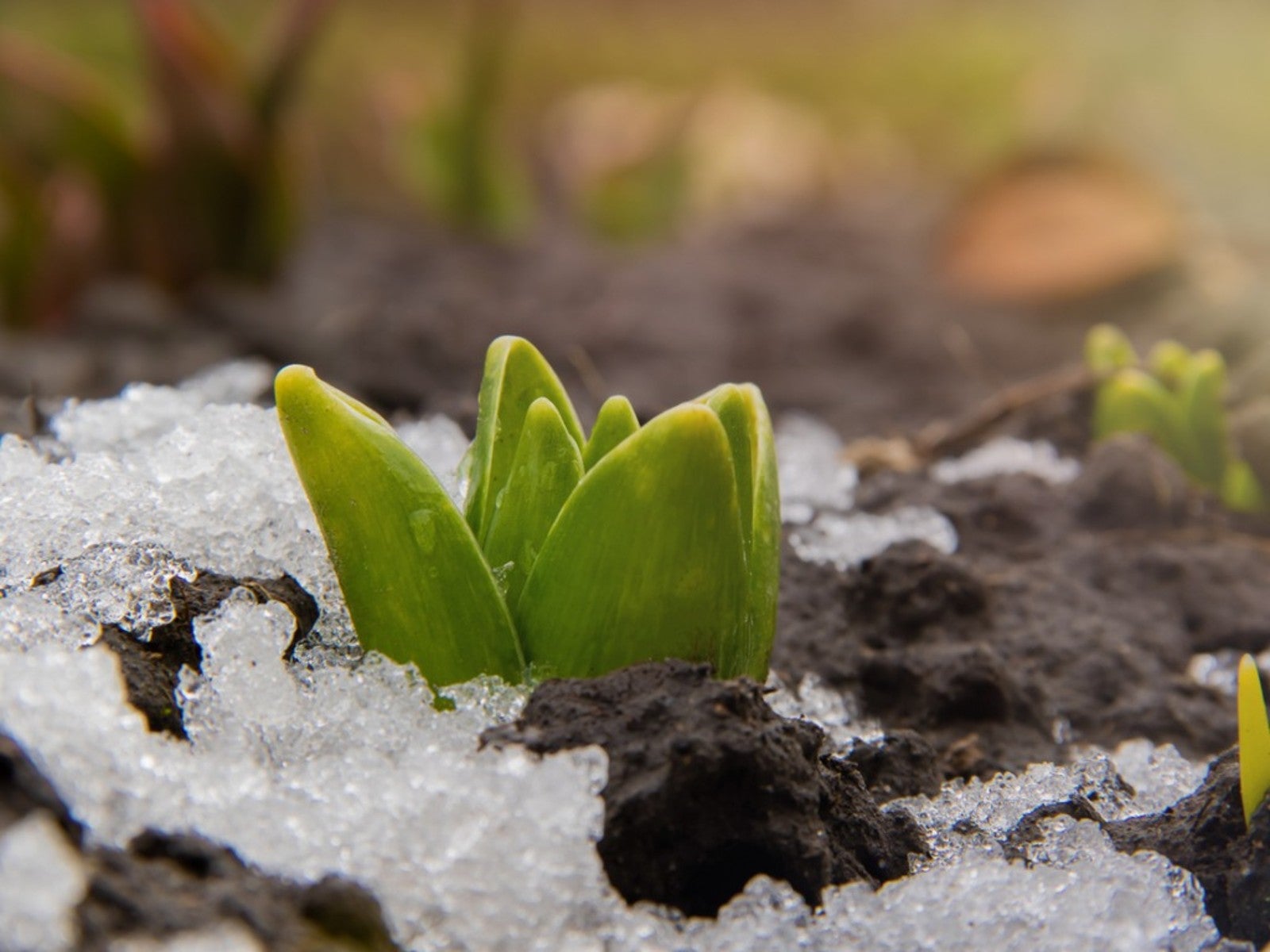 Bulb Life Cycle In Winter: What Bulbs Do For Months Under The Snow
Bulb Life Cycle In Winter: What Bulbs Do For Months Under The SnowDormancy in winter doesn't mean nothing is happening with bulbs. It just means you don't see any growth above the ground. Read on for more.
By Bonnie L. Grant
-
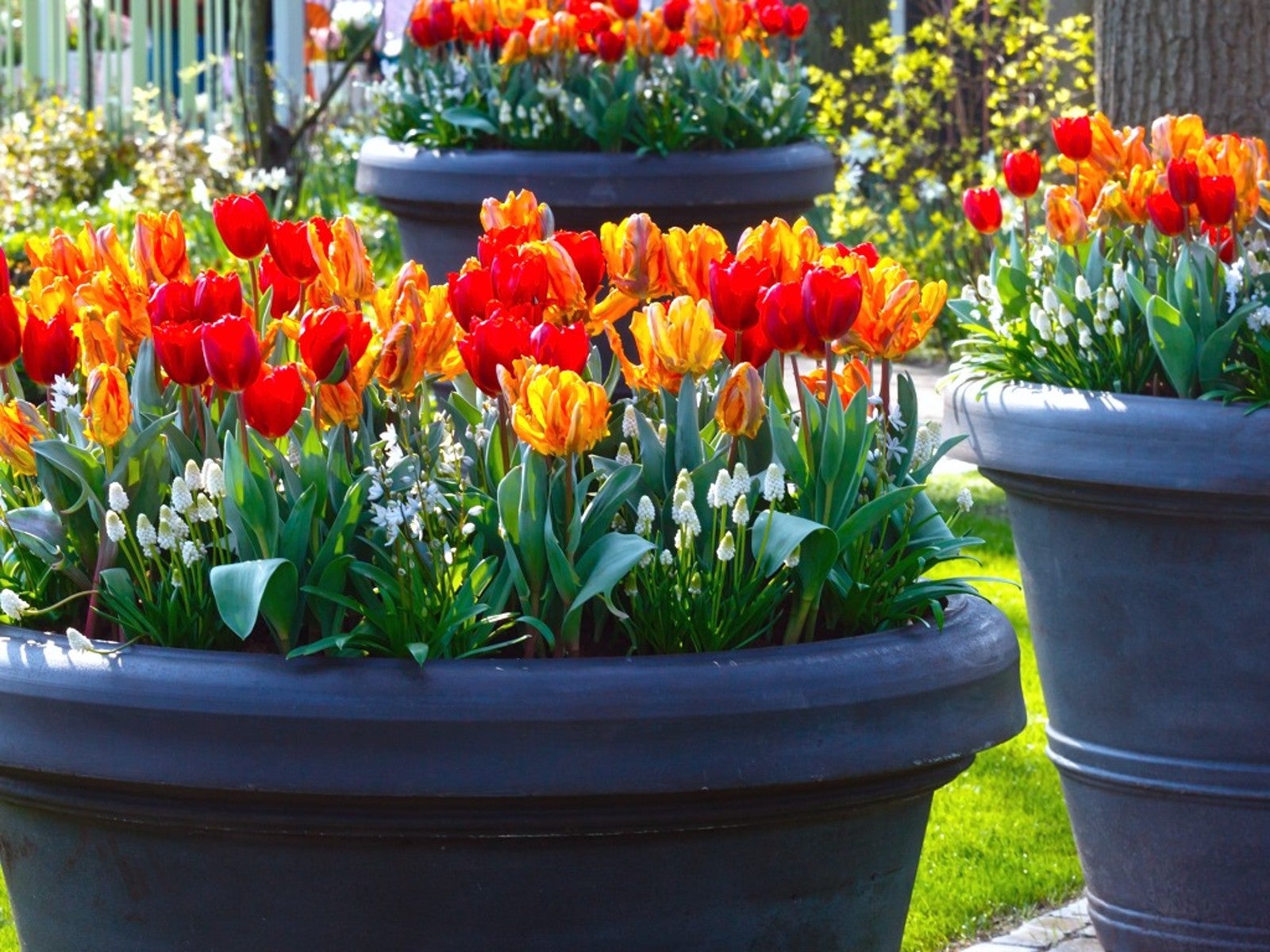 How To Plant Bulbs In Pots - Lasagna Style
How To Plant Bulbs In Pots - Lasagna StylePlanting bulbs in containers is an easy way to create a gorgeous spring porch arrangement, especially when you use the lasagna method.
By Laura Walters